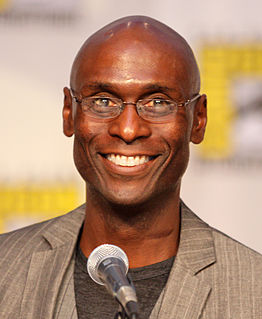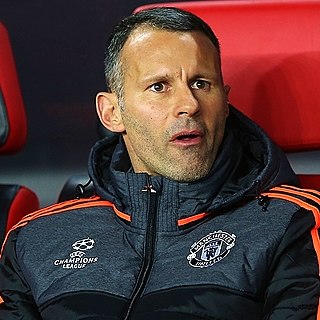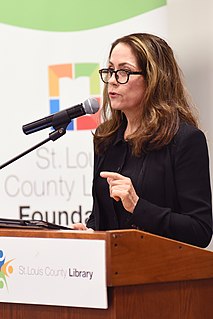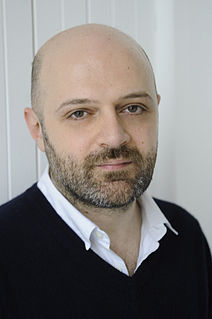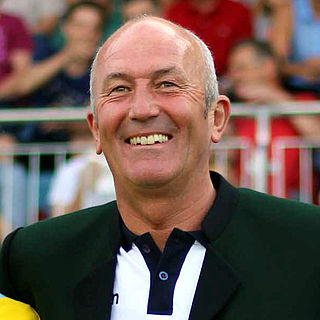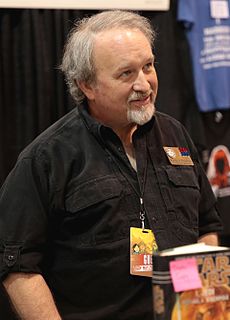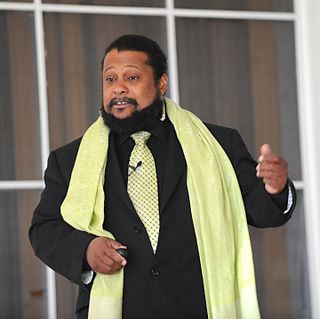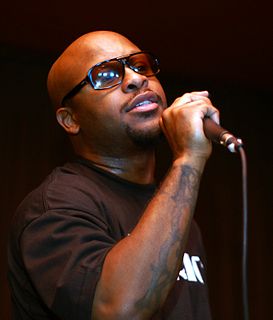A Quote by Lance Reddick
When I went to drama school, I knew I was at least as talented as other students, but because I was a black man and I wasn't pretty, I knew I would have to work my butt off to be the best that I would be, and to be noticed.
Related Quotes
I was lucky I went to school in London because the tutors could see what to do. I knew I wanted to do something different. Why would I want to do what other people were already doing, because they would always do it better? I always wanted to work around the body. So throughout my college years, my work was quite free.
In the 1960s when the recording studio suddenly really took off as a tool, it was the kids from art school who knew how to use it, not the kids from music school. Music students were all stuck in the notion of music as performance, ephemeral. Whereas for art students, music as painting? They knew how to do that.
When I was in high school in the early 1970s, we knew we were running out of oil; we knew that easy sources were being capped; we knew that diversifying would be much better; we knew that there were terrible dictators and horrible governments that we were enriching who hated us. We knew all that and we did really nothing.
If you knew that only a few would care that you came, would you still come? If you knew that those you loved would laugh in your face, would you still care? If you knew that the tongues you made would mock you, the mouths you made would spit at you, the hands you made would crucify you, would you still make them? Christ did.
10 years ago the black man knew what his condition was. And today, because of the world revolution that's taking place all over this earth, the black man would be fighting for what he knows is his by right, but the movement on the part of [Martin Luther] King and the others had done nothing but slow down the militancy that is inherent in the nature of the black man.
I feel that if I had not had an art program in my school, I would have failed in a big way. My teachers knew I was intelligent, but they didn't quite know how I was ever going to apply that intelligence. The one or two teachers who knew me well knew that it would be through drawing or acting or whatever means of expression I was allowed.
I went to Wellesley College, and it was really hard for me to get a job after I graduated. I would go into places where I would not see any black people at all in Boston - like, zero. And then in publishing in New York City, it was pretty much the same. I knew that it wasn't about the value of my work.
